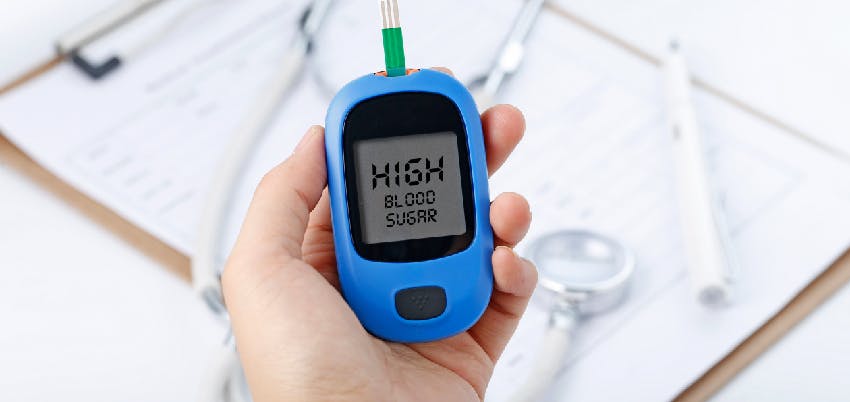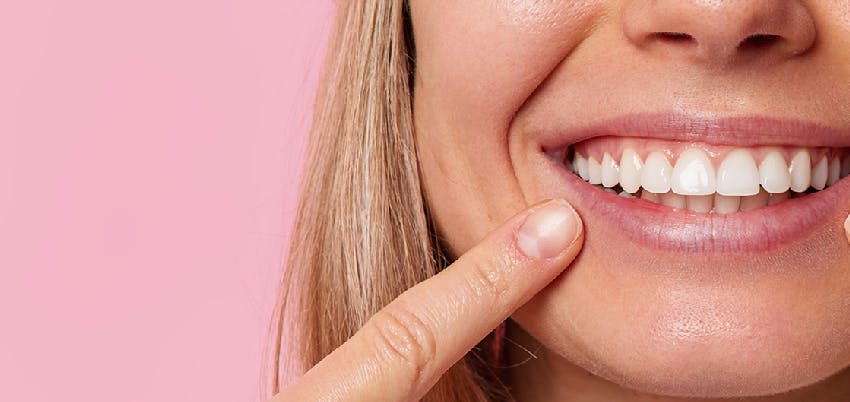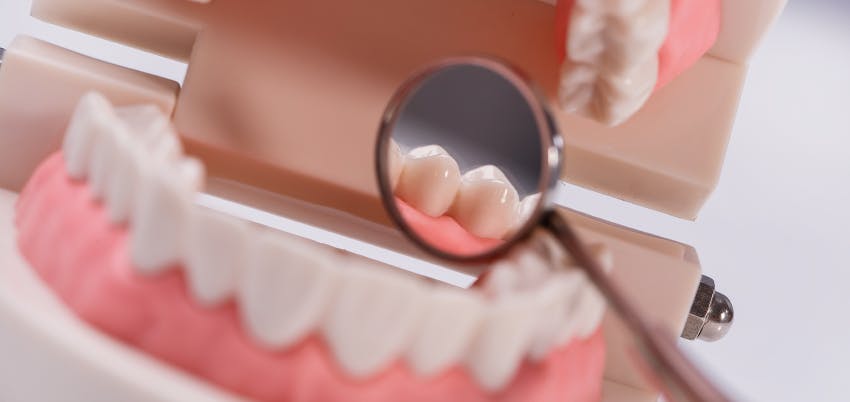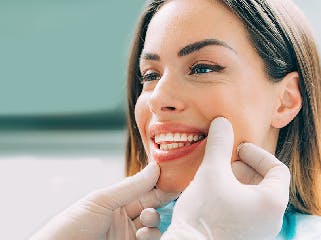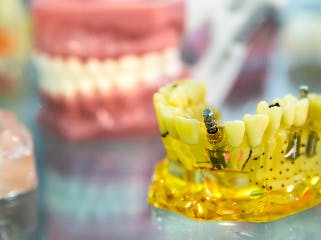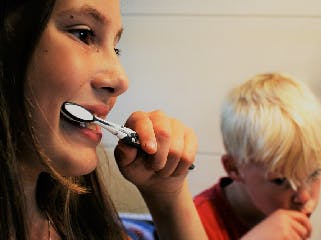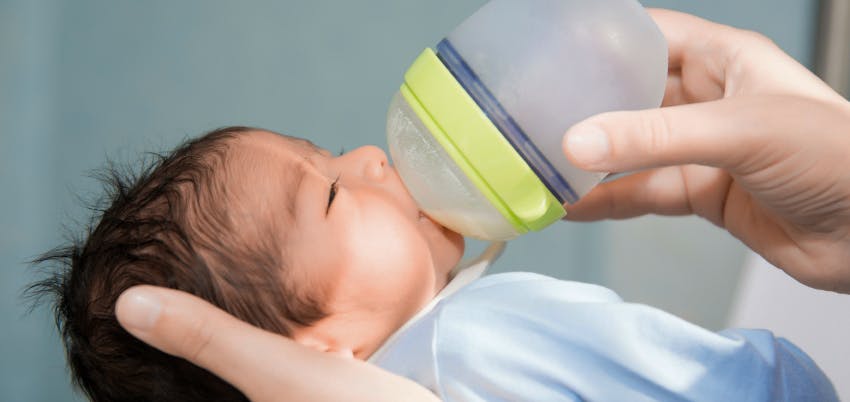
Baby bottle tooth decay: how to avoid it and learn how to identify it
by Wildsmile
Baby bottle tooth decay or early childhood caries, is the most common chronic infectious disease in babies, caused by prolonged use of a baby's bottle and by some substances contained in milk formulas. Your baby's teeth are very important and could be at risk. In this article we will tell you about the origins of baby bottle tooth decay, as well as the recommendations to avoid it and possible solutions.
Why does baby bottle tooth decay occur?
Many studies, as well as odontopediatrists, agree that baby bottle tooth decay is caused by the prolonged use of baby bottles, being advisable to stop using them after the first year of life. Other reasons, no less important, are associated with poor oral hygiene and the ingestion of sugary substances.
Sugars adhere around the teeth and gums, serving as food for caries-causing bacteria. If ingested frequently, the acids weaken the teeth, making them an easy target for future infections.
How can you prevent baby bottle tooth decay?
- - Wash and disinfect every bottle your baby uses, in this way you will remove food residues and bacteria.
- - Never allow your baby to fall asleep with a baby bottle filled with milk, juice or any other sugary liquid.
- - Massage your baby's gums and teeth once a day with a disinfected gauze pad to help strengthen teeth and gums.
- - When the first baby teeth appears, it is time to start brushing the teeth to remove plaque. Brushing should be very gentle, like giving small massages on their teeth and gums, also remember that the amount of toothpaste recommended for 1-year-old babies is the equivalent of a grain of rice.
In addition to the above mentioned suggestions, we recommend you visit your paediatric dentist as soon as your baby is 6 months old.
Symptoms of baby bottle tooth decay
Baby bottle tooth decay is a serious infection that must be treated immediately by a paediatric dentistry specialist. If left untreated, it causes irreversible damage to oral health, as well as speaking and chewing problems. Its symptoms are very easy to identify: white spots on the teeth, which later darken, taking on yellowish or even blackish tones.
Treatments for baby bottle tooth decay
As we have already mentioned, these types of infections should be treated as soon as they are detected, because if they are neglected, they can irreversibly affect the root of the permanent tooth, resulting in poor oral health for the rest of the child's life.
For this reason, a paediatric dentist should be consulted to remove these cavities. The specialist will also recommend the application of fluoride, as it helps to protect the other teeth from future infections.
As a tip, remember to check your baby's teeth daily to avoid this serious problem. Take care of your baby's dental health so that he or she grows up with strong, healthy teeth.
Related post: HOW TO TAKE CARE OF YOUR BABY’S ORAL HEALTH
Want to learn more about this?
Contact us
Your contact request is registered. We will contact you as soon as possible.
Lorem ipsum dolor sit amet, consectetur adipisicing elit. Adipisci alias aliquid amet commodi dolor, dolore doloremque dolores fugit quod repellat.
 ENG
ENG
